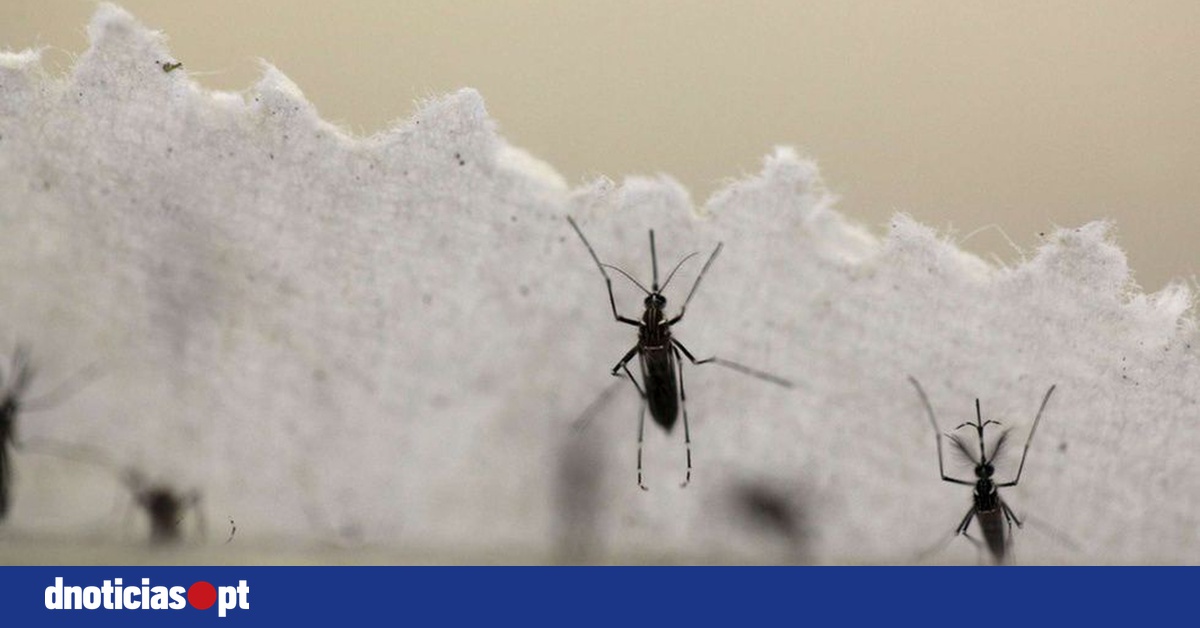The Pan American Health Organization (PAHO) reported today that the dengue epidemic in Latin America will reach alarming numbers in 2024, with a marked increase in cases and deaths compared to the previous year.
At a press conference, Gerbas Barbosa, Director of the Pan American Health Organization, WHO Regional Office for the Americas, reported that the region recorded 3.5 million dengue cases from January to March, a number three times higher than the cases reported in the same period. . The period last year, also more than a thousand deaths.
“This is a cause for concern because it represents three times the cases reported on the same date in 2023, a record year with more than 4.5 million cases,” Barbosa stressed.
He added that 2024 “will likely be the worst dengue season ever recorded in America.”
Dengue virus is transmitted to people when they are bitten by infected Aedes aegypti mosquitoes.
According to Pan American Health Organization experts, the increase in dengue cases is linked to rising temperatures, urbanization of cities, droughts and floods linked to climate change, poor sanitation, and a lack of strong health systems.
The majority of disease cases in 2024 will occur in the Southern Hemisphere, especially in Brazil, where 2.3 million probable cases of dengue and 830 deaths have already been recorded in 2024, according to Health Ministry data.
According to data collected by the Pan American Health Organization, Brazil has 80% of the infections recorded in the region, followed by Paraguay, Argentina, Peru and Colombia.
Rhonda Sealy-Thomas, Assistant Director of the Pan American Health Organization, said that more than 25,000 cases had been reported in the Caribbean, with French Guiana, Martinique, Guadeloupe, Puerto Rico and the Dominican Republic being the most affected.
Given the seriousness of the situation, representatives of the Pan American Health Organization called on all countries in the region to support prevention efforts and intensify the elimination of breeding sites, which is the main measure currently used to prevent the spread of dengue fever, as vaccines are still available in the initial phase. For application and is not available in large quantities.
Other initiatives identified as essential include preparing public and private health services for early diagnosis and timely clinical treatment of dengue patients.
According to Barbosa, efforts must also be redoubled to inform and educate the population, as most dengue outbreaks occur in or around homes to prevent the disease from gaining strength in the region.

“Writer. Analyst. Avid travel maven. Devoted twitter guru. Unapologetic pop culture expert. General zombie enthusiast.”

